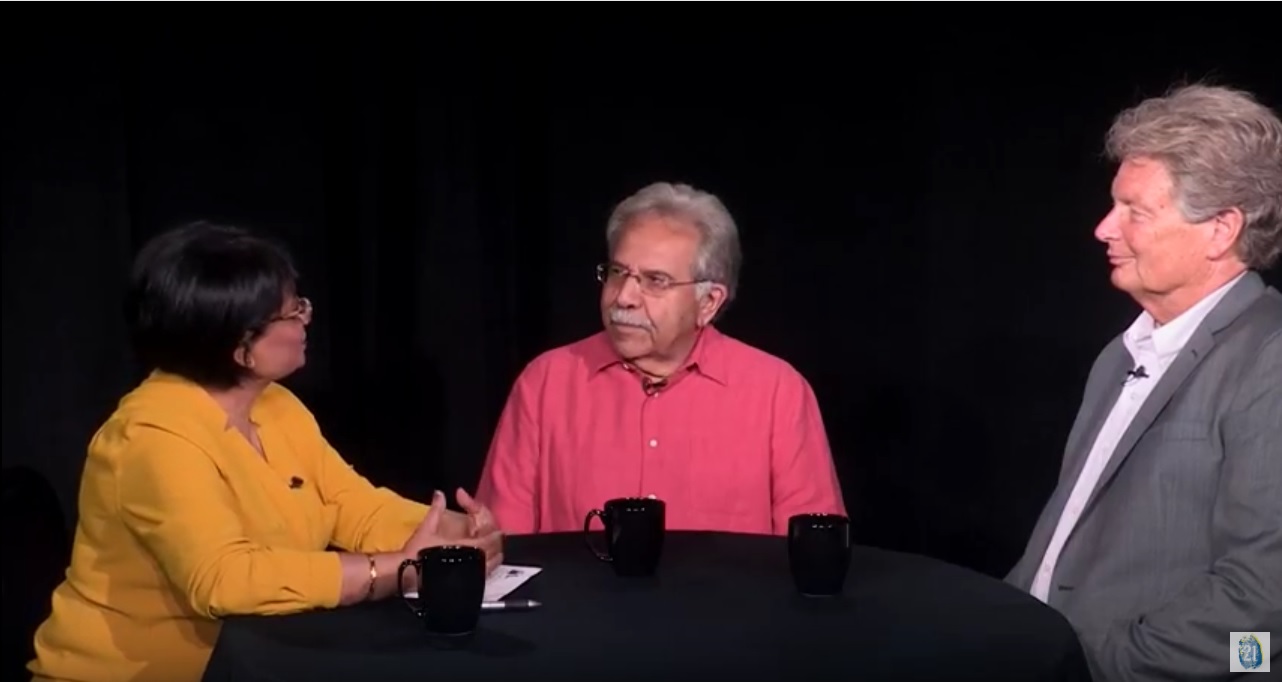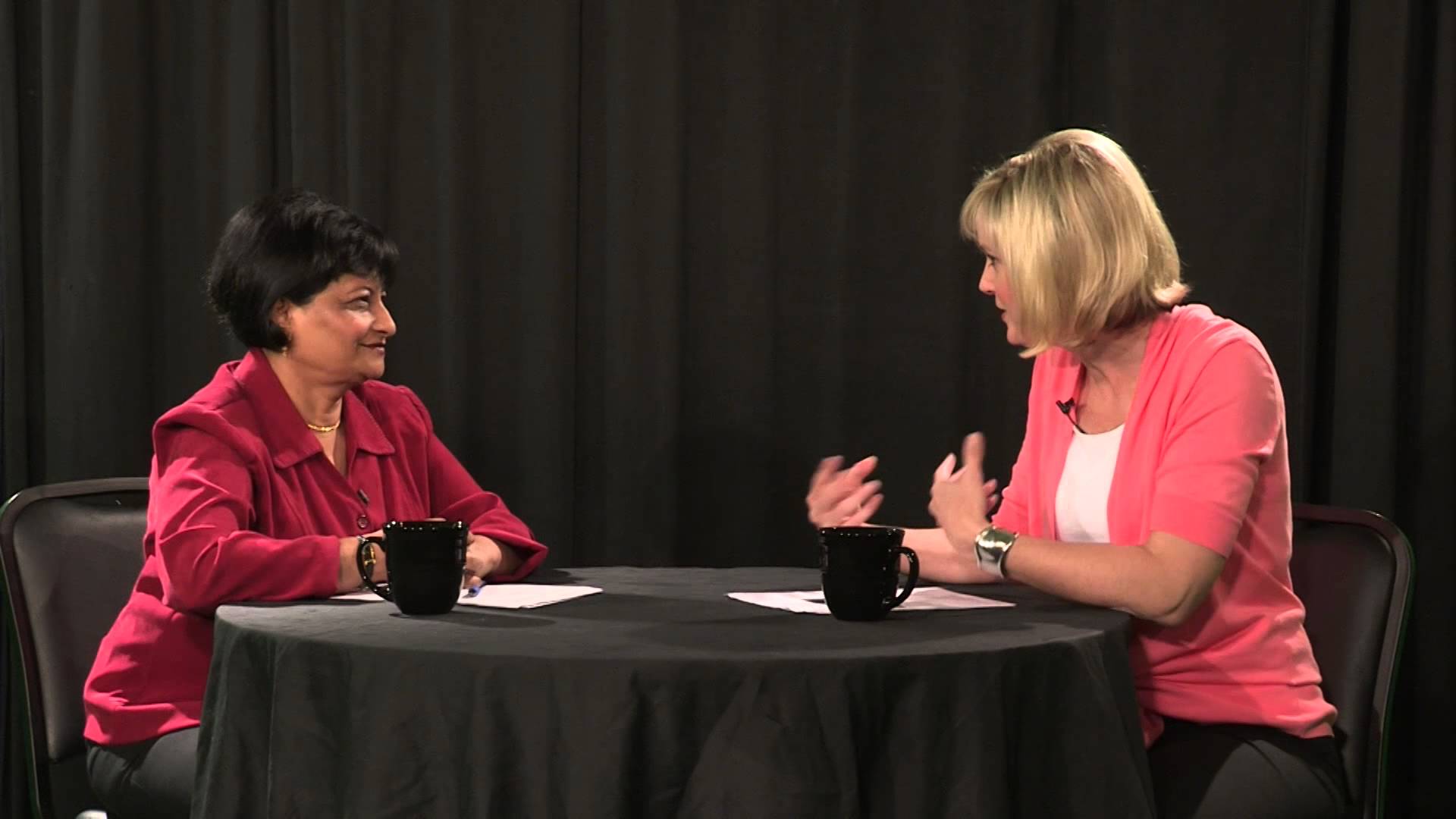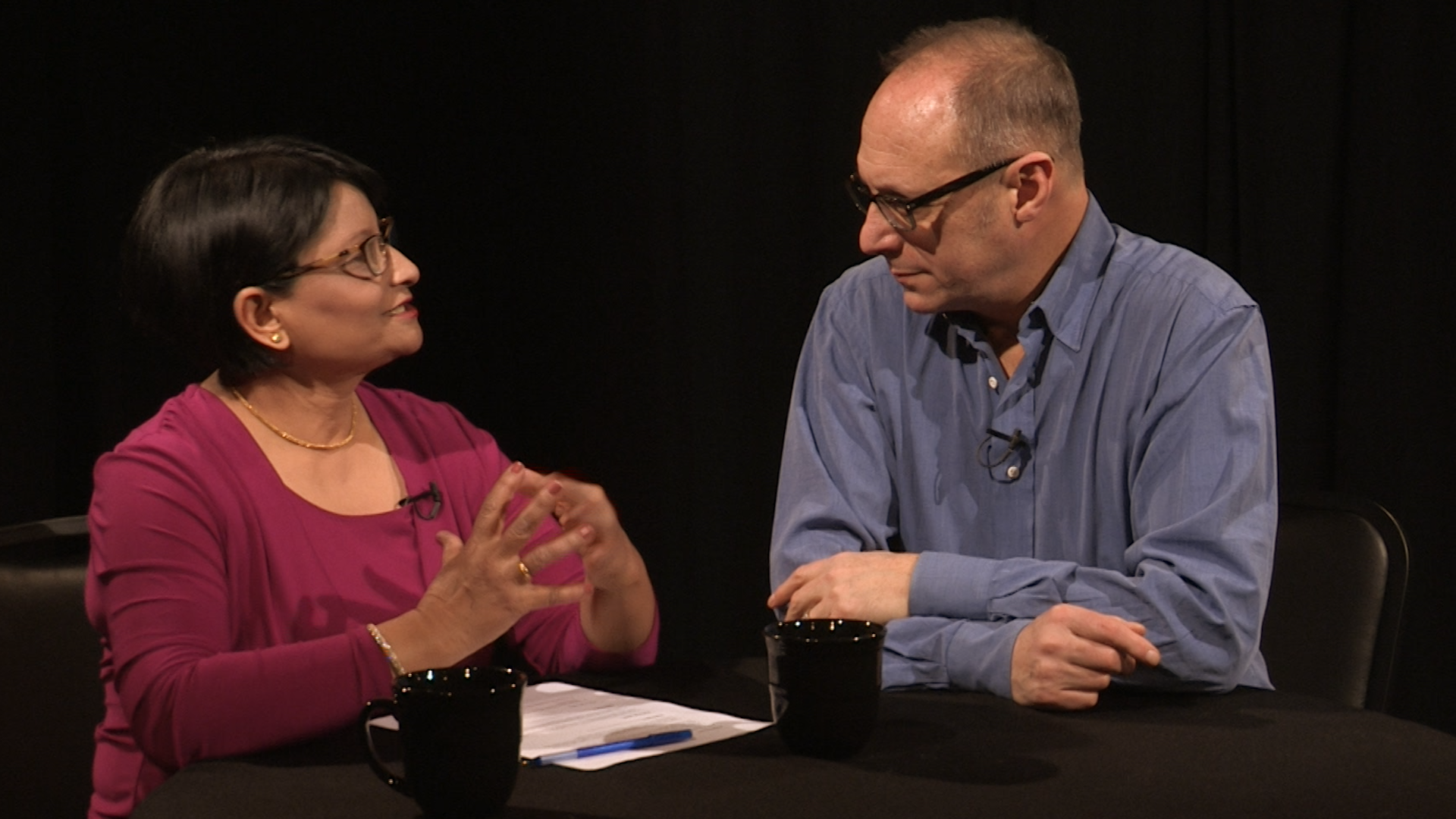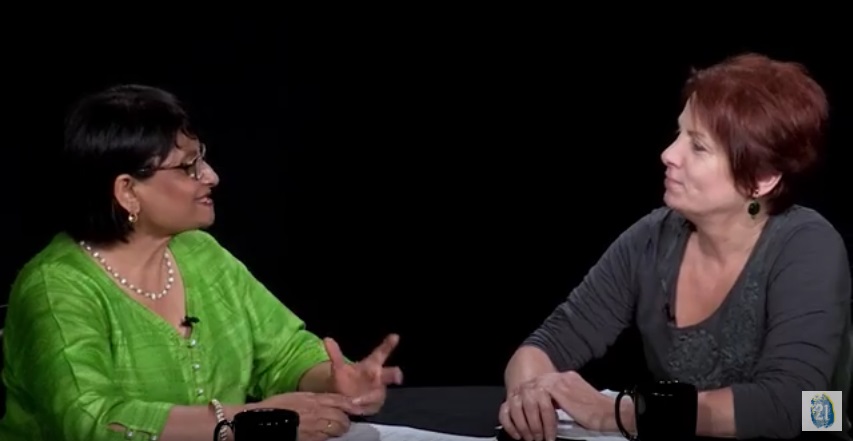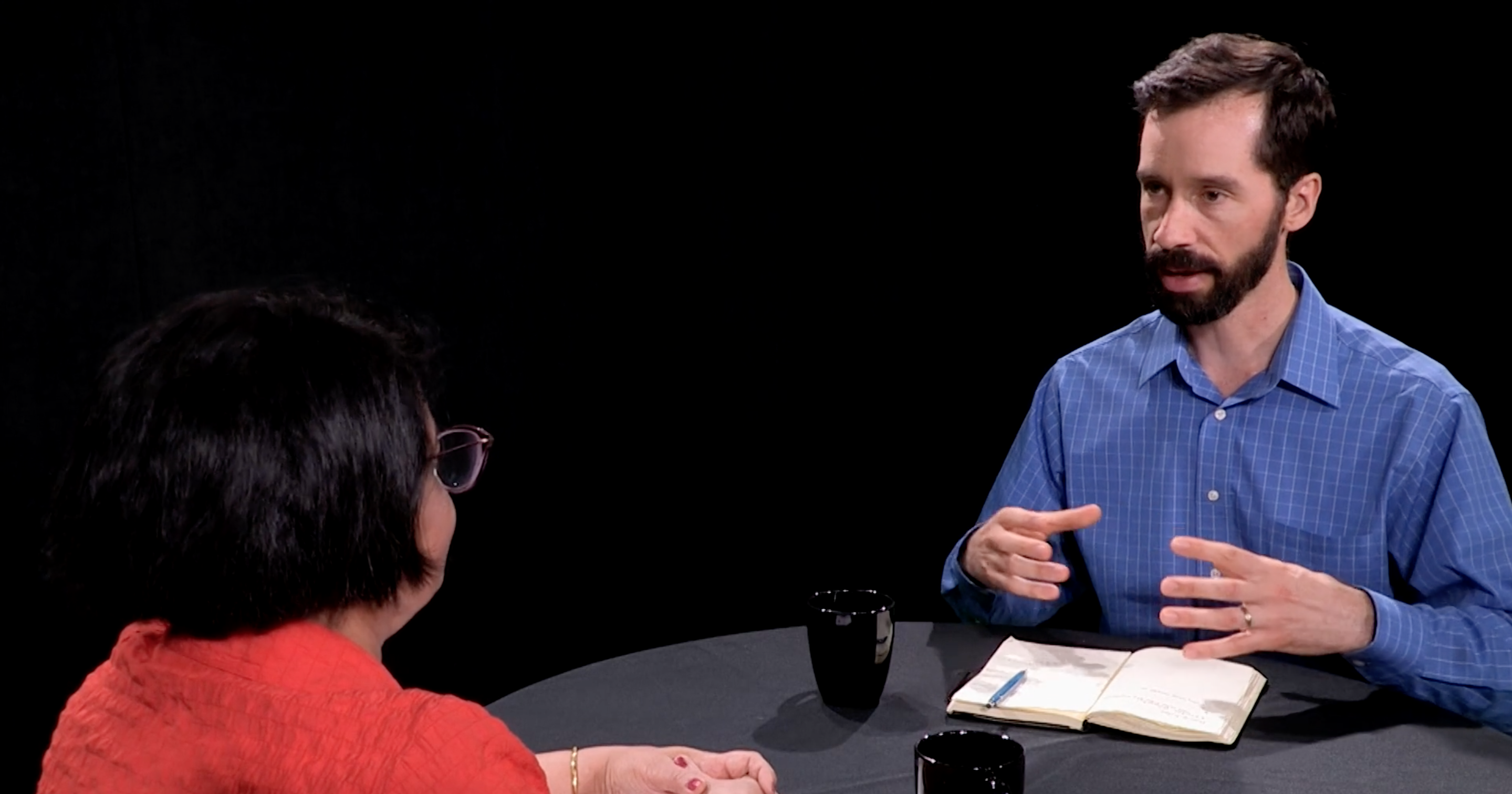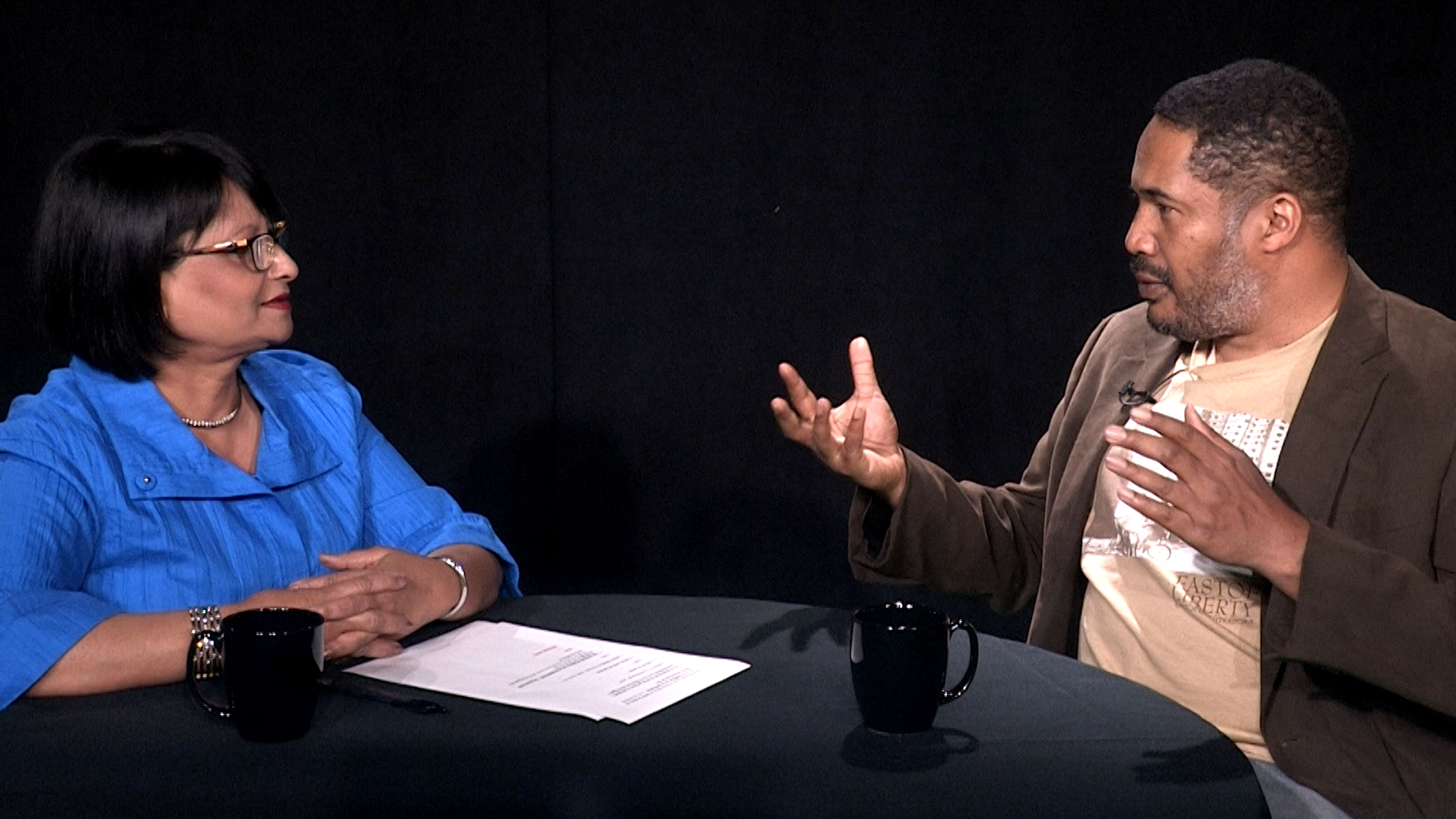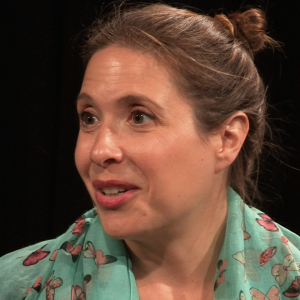
For years, Heather Arnet, head of the Women and Girls Foundation of Western Pennsylvania, and her grandmother, Vivian Goldstein — whose own mother was a suffragette — asked each other why the United States hadn’t yet elected a woman to the White House.
“It was my grandmother’s dream,” she said, and when Hillary Clinton failed in her bid in 2008, Mrs. Goldstein was in tears.
So, when Brazil elected Dilma Rousseff as its first female president in 2010, Ms. Arnet, inspired by her grandmother, decided to go there with a film crew to find out how they had done it.
“What does it take to achieve gender equality within a political structure? To see women as viable candidates for head of state?” Ms. Arnet says she asked during the monthlong shooting of the film, which will be screened for the first time Saturday night at the Carnegie Museum of Art Theater. It’s called “Madame Presidenta: Why Not U.S.? Vamos Meninas!” (which means “Let’s Go, Girls” in Portuguese).
“When we think about women’s rights and empowerment, when we look to our international sisters, sometimes we focus on what’s not working internationally rather than what is working in other countries,” said Ms. Arnet, who since 2004 has headed the nonprofit, which promotes women’s rights and female leadership development.
“After all, we’re the only developed nation without paid maternity leave.”
“Madame Presidenta” is the result of a partnership between the Women and Girls Foundation and the ELAS Women’s Social Investment Fund in Rio de Janeiro.
Ms. Arnet spent the month of January 2013 in Brazil — Rio, Sao Paolo and Brasilia — shooting the film. It rained every day, but no matter. “It was life changing,” she said. “It was a whirlwind, interviewing dozens of people in a very short time. We had a blast.”
Ms. Arnet had always wanted to do a documentary that would address barriers to female leadership. After connecting with a communications director from Brazil at a 2010 conference in New York hosted by the Women’s Funding Network, Ms. Arnet decided to look at Brazil more closely.
“At the time it was striking that Chile, Argentina and Brazil had so recently elected female presidents,” she said. As of early this year, 19 women were heads of state around the world, “and I was struck by the fact that all of them, like Brazil, have new constitutions, either written or rewritten since World War II.”
As protests, revolutions and peace and reconciliation work evolved into new democracies, “women were so often involved in developing the content of their constitutions,” she said.
Brazil’s current constitution was adopted in 1988. The nation is energy independent and rich in natural resources, but it is also in the midst of rapid economic change and trying to redistribute wealth throughout the country, even as it prepares to host the 2014 World Cup this summer and the 2016 Summer Olympics.
“It’s the sixth-largest economy in the world, and yet Dilma Rousseff — a former Marxist guerrilla — had been a revolutionary,” said Ms. Arnet. “She was thrown into jail. Her former cellmate, Eleonora Menicucci, is now the minister for women’s policy.”
Ms. Arnet interviewed Ms. Menicucci, and Benedita da Silva, the self-educated daughter of a domestic worker who grew up in one of Brazil’s shanty towns, or favelas, who became the first female and Afro-Brazilian governor of the state of Rio di Janeiro.
All three, she feels, were instrumental in getting rid of Brazil’s military dictatorship, “while here in the United States, we have one of the oldest constitutions, the founding fathers, the Revolutionary War, and yet women are not integral to these stories.” Politically, at least, President Rousseff has kept her distance from the United States. She has never granted an interview to a member of the U.S. media, and last fall decided to cancel a state visit with President Barack Obama — the first by a Brazilian president in nearly two decades — after revelations that the National Security Agency had spied not just on Brazilian citizens but also on her own personal phone calls and emails,
Still, Ms. Arnet said she received tremendous support and encouragement from Ms. Rousseff’s staff, including access to her official biographer, Ms. Menicucci and Ms. da Silva and other public officials, along with local people living in the favelas.
“The film isn’t a biopic,” she said. “Our interest was really focused around the pathways to the presidency.
“Brazil is struggling with the same problems we are in the U.S. — how to expand economic opportunities, how to alleviate generational poverty, how to enhance corporate diversity and raise women’s voices in international leadership,” Ms. Arnet said. “We can look to Brazil for examples of what works.”
The $150,000 film was funded locally by individual donors, The Pittsburgh Foundation, FedEx Ground Shipping Services and various family foundations. Ms. Arnet selected Nathan Golon, a Washington, D.C.-based videographer who had worked on documentaries about the global environment crisis and family planning, not only because he had worked internationally, “but because his films had incredible depths of color and were really rich to look at. The color palette of Brazil is like no other place.”
After the film’s premiere this weekend, other screenings are lined up, including April 2 during this year’s Carnegie Mellon University International Film Festival. (Story, Page C-2.) Ms. Arnet is in discussions with other groups in Washington, New York and universities around the country, and hopes to work with local educators to develop a high school curriculum.
Ms. Arnet’s grandmother, Vivian Goldstein, died earlier this year, her dream of seeing a woman in the White House unfulfilled. But, Ms. Arnet said, “Madame Presidenta” was inspired by the stories Mrs. Goldstein told about her own mother, Mary, the suffragette who marched the streets of New York for women to earn the right to vote. ” ‘You must vote in every election — large and small,’ she’d say, ‘because other women fought and died for you to have that right.’ ”
And she was inspired by comments Ms. Rousseff made in her inaugural speech on Oct. 31, 2010.
“I hope the fathers and mothers of little girls will look at them and say yes, women can.”
‘Madame Presidenta: Why Not U.S.? Vamos Meninas!’

